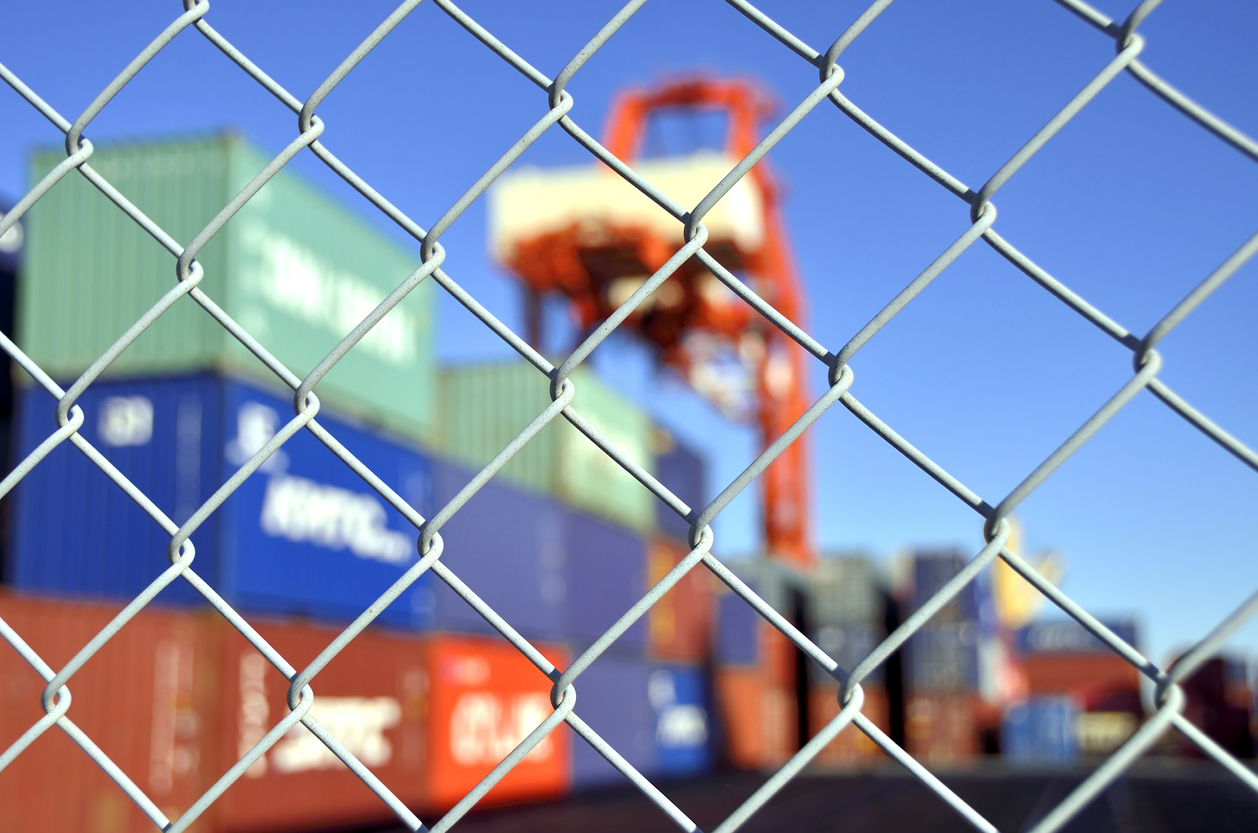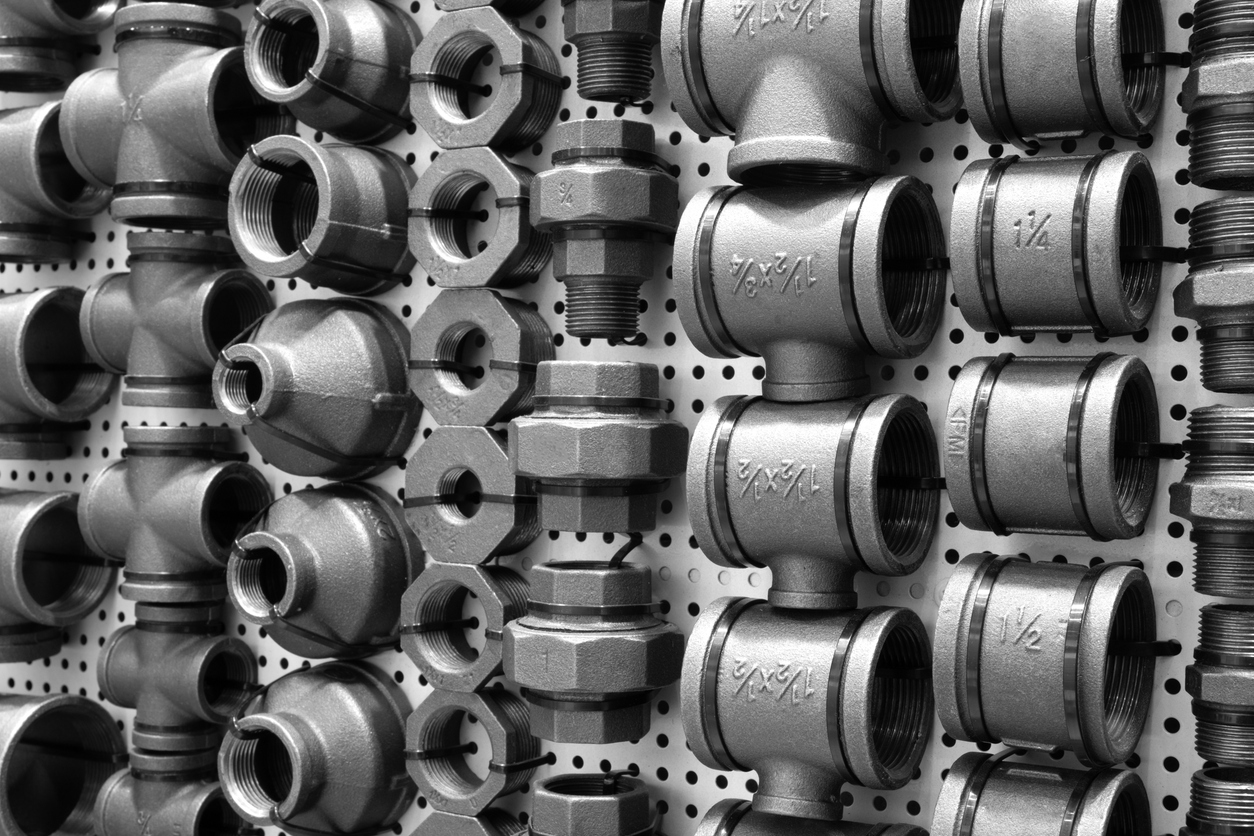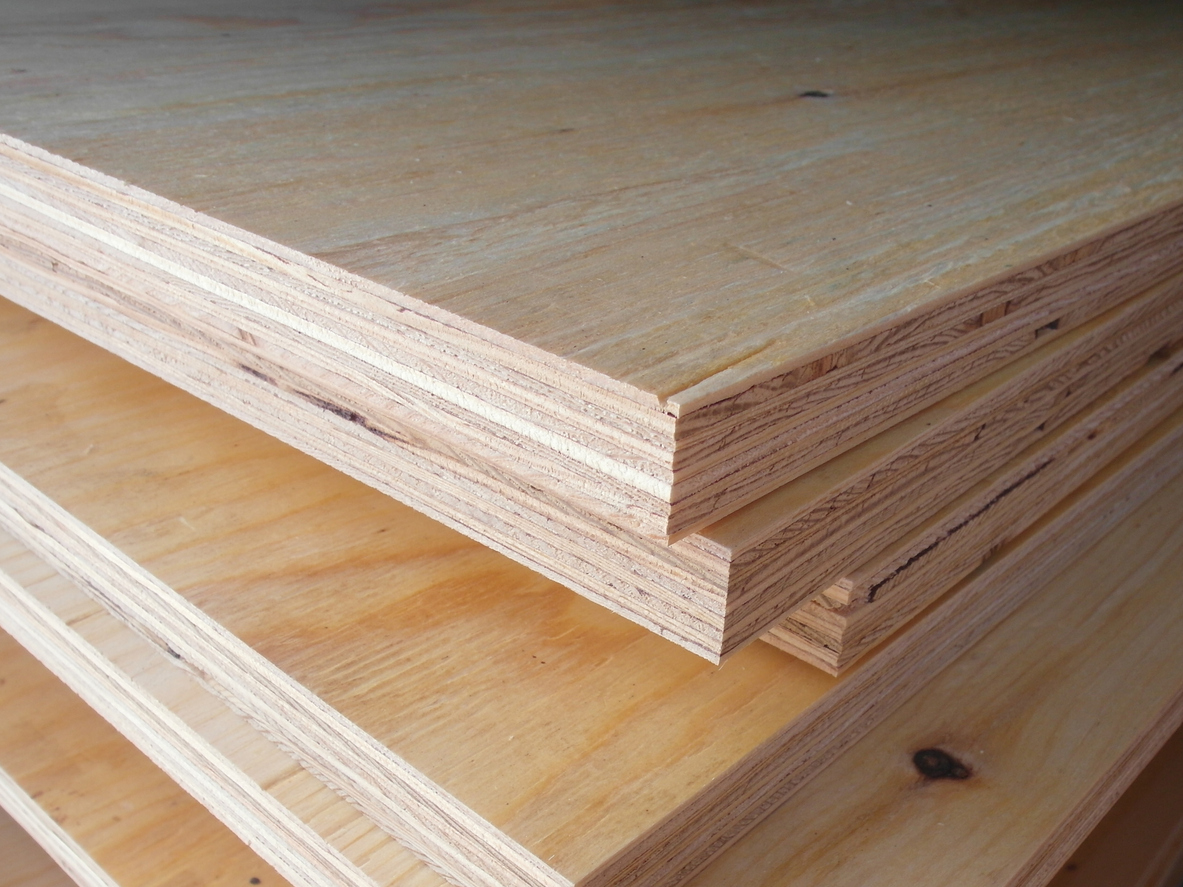Nigeria’s Prohibited Import List: What You Can and Cannot Bring Into The Country
Nigeria’s Prohibited Import List: What You Can and Cannot Bring Into The Country
Nigeria is one of the world’s most challenging countries to import to as a foreign manufacturer. On top of unfavorable tariff rates, Nigeria has a complex and extensive list of prohibited goods and special tariff preference programs for local industries. Any company or individual planning on importing goods into Nigeria should thoroughly read the country’s Prohibited Import List, which details what you cannot bring into the country as an import. This blog post will explain why Nigeria has a Prohibited Import List and what items fall under each category. It also provides tips on how to successfully import your goods into Nigeria while staying compliant with their laws.
What is Nigeria’s Prohibited Import List?
The Prohibited Import List is a document that details all the items that cannot be imported into Nigeria. Foreign importers that attempt to bring items on the Prohibited Import List into Nigeria will be charged penalties and/or rejected at the port of entry. Importing goods to Nigeria is a complex process. Importers must comply with the Prohibited Import List and various other Nigerian trade regulations. There are various reasons why goods could be on the prohibited list, including concerns about counterfeits, public health/safety issues, and/or unfair competition to the country’s industry. You can find the Prohibited Import List on the website of the Nigerian Customs Service (NCS). The list can also be found in the Nigeria Customs Handbook.
How is the Prohibited Import List decided?
The Prohibited Import List is a document that details all the items that cannot be imported into Nigeria. Foreign importers that attempt to bring items on the Prohibited Import List into Nigeria will be charged penalties and/or rejected at the port of entry. Importing goods to Nigeria is a complex process. Importers must comply with the Prohibited Import List and various other Nigerian trade regulations. There are various reasons why goods could be on the prohibited list, including concerns about counterfeits, public health/safety issues, and/or unfair competition to the country’s industry. You can find the Prohibited Import List on the website of the Nigerian Customs Service (NCS). The list can also be found in the Nigeria Customs Handbook.
Nigeria’s list of prohibited or restricted imports is as follows:
- Live or dead birds including frozen poultry
- Pork
- Beef
- Bird’s eggs, excluding hatching eggs
- Refined vegetable oils and fats (includes mayonnaise), but excluding refined linseed, castor and olive oil. Crude vegetable oil is NOT banned from importation.
- Cane or beet sugar and chemically pure sucrose, in solid form containing added flavoring or coloring matter in retail packs
- Cocoa butter, powder and cakes
- Spaghetti/noodles
- Fruit juice in retail packs
- Waters, including mineral waters and aerated waters containing added sugar, sweetening matter, or flavored; ice snow; other non-alcoholic beverages; beer and stout (bottled, canned or otherwise packed) but excluding energy or health drinks
- Bagged cement
- Paracetamol tablets and syrups
- Cotrimoxazole tablets and syrups
- Metronidazole tablets and syrups
- Chloroquine tablets and syrups
- Haematinic formulations; ferrous sulphate and ferrous gluconate tablets, folic acid tablets, vitamin B complex tablets (except modified released formulations)
- Multivitamin tablets, capsules and syrups (except special formulations)
- Aspirin tablets (except modified released formulation and soluble aspirin)
- Magnesium trisilicate tablets and suspensions
- Piperazine tablets and syrups
- Levamisole tablets and syrups
- Clotrimazole cream
- Ointments – penicillin/gentamycin
- Pyrantel pamoate tablets and syrups
- Intravenous fluids (dextrose, normal saline, etc.)
- Waste pharmaceuticals
- Mineral or chemical fertilizers containing two or three of the fertilizing elements nitrogen, phosphorus and potassium (NPK 15-15-15), excluding organic fertilizer
- Soaps and detergents in retail packs only
- Mosquito repellant coils
- Rethreaded and used pneumatic tires but excluding used trucks tires for rethreading of sized 11.00 x 20 and above
- Corrugated paper and paper boards, and cartons, boxes and cases made from corrugated paper and paper boards, toilet paper, cleaning or facial tissue, excluding baby diapers and incontinent pads for adult use
- Telephone re-charge cards and vouchers
- Carpets and other textile floor coverings
- All types of footwear, bags and suitcases but excluding safety hoes used in oil industries, sports shoes, canvass shoes all complete knock down (CKD) blanks and parts
- Hollow glass bottles of a capacity exceeding 150mls (0.15 liters) of all kinds used for packaging of beverages by breweries and other beverage and drink companies
- Used compressors and used fridges/freezers
- Used motor vehicles above fifteen (15) years from the year of manufacture
- ball point pens and parts including refills (excluding tip)
- tomato paste or concentrate put up for retail sale
In addition, the Nigeria Customs Service (NCS) has listed the following items as “absolutely prohibited” from importation into Nigeria:
- Air pistols
- Airmail photographic printing paper
- All counterfeit/pirated materials or articles including base or counterfeit coin of any country
- Beads composed of inflammable celluloid or other similar substances.
- Blank invoices
- Coupons for foreign football pools or other betting arrangements
- Cowries
- Exhausted tea or tea mixed with other substances. For the purpose of this item, exhausted tea means any tea which has been deprived of its proper quality, strength, or virtue by steeping, infusion, decoction or other means.
- Implements appertaining to the reloading of cartridges
- Indecent or obscene prints, painting, books, cards, engraving or any indecent or obscene articles
- Manilas
- Matches made with white phosphorous
- Materials of any description with a design which, considering the purpose for which any such material is intended to be used, is likely in the opinion of the president to create a breach of the peace or to offend the religious views of any class of persons in Nigeria
- Meat, vegetables, or other provisions declared by a health officer to be unfit for human consumption
- Piece goods and all other textiles including wearing apparel, hardware of all kinds, crockery, china or earthenware goods bearing inscriptions (whether in Roman or Arabic characters) from the Koran or from the traditions and commentaries on the Koran
- Pistols disguised in any form
- Second-hand clothing
- Silver or metal alloy coins not being legal tender in Nigeria
- Nuclear Industrial waste and other Toxic waste
- Spirits containing more than forty-eight and one-half per centum of pure alcohol by volume except denatured, medicated and perfumed spirits, and such other spirits which the Comptroller-General, in his discretion, may allow to be imported subject to such conditions as he may see fit to impose. Other than:
- Alcoholic bitters, liqueurs, cordials, and mixtures admitted as such in his discretion by the Comptroller-General and which are not deemed to be injurious spirits within the meaning of any enactment or law relating to liquor or liquor licensing
- Brandy, i.e., Spirit Distilled in Grape – growing countries from fermented grape juice and from no other material and stored in wood for a period of three years
- Drugs and medicinal spirits admitted as such in his discretion by the Comptroller-General
- Gin, i.e., Spirit – produced by distillation from a mixed mash of cereal grains only saccharified by the distaste of malt and the flavored by redistillation with juniper berries and other vegetable ingredients and of a brand which has been notified as an approved brand by notice in the Gazette and in containers labeled with the name and address of the owner of the brand, or
- Produced by distillation at least three times in a pot still from mixed mash or barley, rye and maize saccharified by distaste of malt and then rectified by re-distillation in a pot still after the addition of juniper berries and other vegetable materials
- Methylated or denatured spirit, i.e., Mineralized Methylated spirit mixed as follows: to every ninety parts by volume of spirits nine and one half parts by volume of wood naphtha and one half of one part by volume of crude pyridine and to every 455 liters of the mixture 1.7 liters of mineral naphtha or petroleum oil and not less than 0.7 grammes by weight of powdered aniline dye (Methyl violet) and so in proportion for any quantity less than 455 liters and Industrial Methylated spirit imported under license from the Comptroller-General and mixed as follows: to every ninety five parts by volume of spirits five parts by volume of wood naphtha and also one half of one part by volume of the mixture and;
- Spirits denatured for a particular purpose in such a manner as the Comptroller-General in any special circumstance may permit
- Perfumed Spirits
- Rum, i.e., Spirit – Distilled directly from sugar-cane products in sugar-cane growing countries and stored in wood for a period of three years
- Weapons of any description which in the opinion of the Comptroller-General are designed for the discharge of any noxious liquid, gas or other similar substance, and any ammunition containing or in the opinion of the Comptroller-General or adapted to contain any noxious liquid, gas, or other similar substances
Furthermore to the NCS import restrictions, the Central Bank of Nigeria (CBN) restricted importers’ access to foreign currency at the official window in 2015. Because of the higher foreign-currency price on the parallel market than the official rate, importers of the following items may source foreign currency. In May 2017, the CBN lifted restrictions on importers whose cumulative transactions are less than $20,000 per quarter.
Items which are ineligible for foreign exchange at the CBN’s Official Window are as follows:
- Rice
- Cement
- Margarine
- Palm kernel/palm oil products/vegetables oils
- Meat and processed meat products
- Vegetables and processed vegetable products
- Poultry – chicken, eggs, turkey
- Private airplanes/jets
- Indian incense
- Tinned fish in sauce (geisha)/sardines
- Cold rolled steel sheets
- Galvanized steel sheets
- Roofing sheets
- Wheelbarrows
- Head pans
- Metal boxes and containers
- Enamelware
- Steel drums
- Steel pipes
- Wire rods (deformed and not deformed)
- Iron rods and reinforcing bars
- Wire mesh
- Steel nails
- Security and razor wire
- Wood particle boards and panels
- Wood fibre boards and panels
- Plywood boards and panels
- Wooden doors
- Furniture
- Toothpicks
- Glass and Glassware
- Kitchen utensils
- Tableware
- Tiles – vitrified and ceramic
- Textiles
- Woven fabrics
- Clothes
- Plastic and rubber products, polypropylene granules, cellophane wrappers
- Soap and cosmetics
- Tomatoes/tomato pastes
- Eurobond/foreign currency bond/ share purchases
- Fertilizer
- Dairy/milk
- Maize
- Sugar
In 2020, the government of Nigeria restricted the import of milk and dairy products to six dairy companies in order to support backward integration. However, the same restriction has now been lifted to allow foreign exchange to import milk and other dairy products.
- Friesland Campina WAMCO Nigeria Limited
- Chi Limited
- TG Arla Dairy Products Limited
- Promasidor Nigeria Limited
- Nestle Nigeria Plc. (MSK only)
- Integrated Dairies Limited
The GON has advised that by 2022 there will be a total ban on the importation of milk.
Only three companies—BUA Sugar Refinery Limited, Dangote Sugar Refinery Limited, and Golden Sugar Company—are permitted to import sugar using official foreign exchange sources in July 2021.
Consumer Goods
The following consumer goods are banned from importation into Nigeria: – Any type of alcoholic beverages and tobacco products. – Firearms and ammunition. – Parts of firearms. – Radioactive materials, fissionable materials, and materials that are used to make nuclear materials. – Any medical/health-related equipment. – Any equipment or machine that can be used to make nuclear materials. – Any piece of equipment or machine that can be used to make medical/health-related equipment.
Chemical Products and Pharmaceuticals
All chemical products and pharmaceuticals are banned from importation into Nigeria, except when they are imported by the diplomatic community and international organizations, such as the United Nations, the International Red Cross, etc. If you do import chemical products and pharmaceuticals for commercial purposes, you must comply with the Nigerian Standard for Chemical Products and Pharmaceuticals. You must also pay the applicable duty and VAT for the product.
Conclusion
The Nigerian government has put a ban on the importation of computer equipment and parts, including computers, cameras, mobile phones, printers, scanners, etc. There are several exemptions to the computer equipment ban, including: – The goods must be imported and cleared through the Nigeria Customs Services Port of Entry in Lagos, Nigeria. – The goods must be for use by diplomatic representatives and international organizations, such as the United Nations, the International Red Cross, etc. – The goods must be for exclusive use as part of a government contract. If you do import computer equipment into Nigeria, you must include the following information on the shipping manifest: – Item number from the Nigerian Harmonized Tariff Schedule – Description of item(s) – Quantity of item(s) – Gross weight of item(s) – Gross value of item(s) There are also certain packaging and labeling requirements for electronic equipment being imported into Nigeria: – The equipment must be packed in strong wooden crates. – The equipment must be properly packed to avoid any damage during shipping. – Loose pieces must be packed in a separate container. – The label must include the following information: – Gross weight – Gross value – Description of the equipment – Place of origin – Place of clearance – Name and address of shipper If you do import food items into Nigeria, they must be under the ‘Customs Bonded Warehouse’ category, which is for goods that are being held for inspection. There are a few food items that can be imported into Nigeria, but you must be aware of the following: – Items on this list are for exclusive use for the diplomatic community and international organizations, such as the United Nations and the International Red Cross. – If you are importing food items for commercial purposes, you must get a permit from the Nigerian government. To get this permit, you must comply with the Nigerian Standard for Food, Packaging, and Labelling.








[…] Sugary mineral waters, beer/stout […]